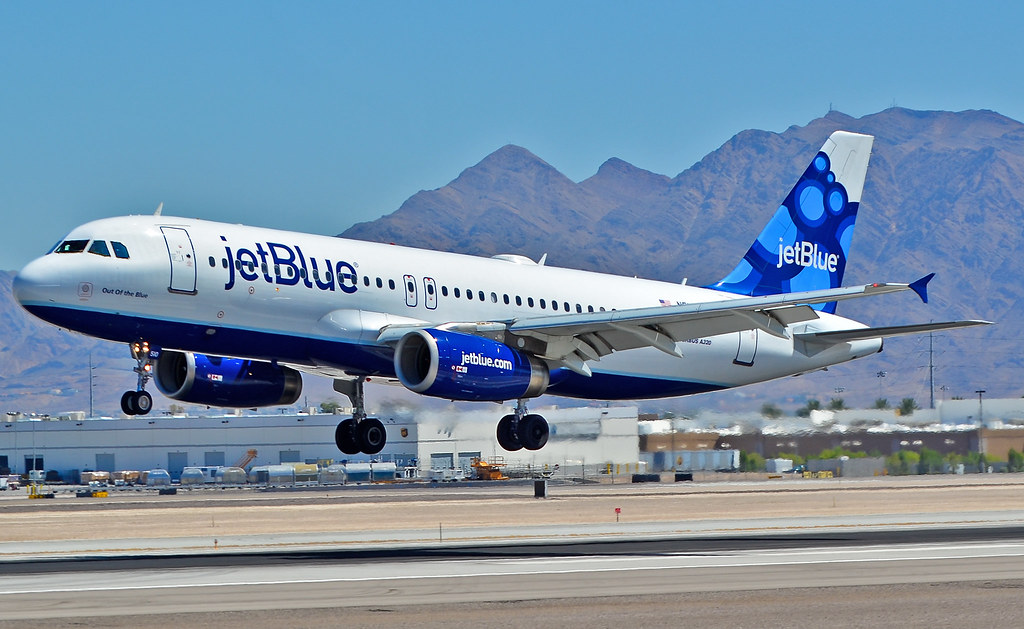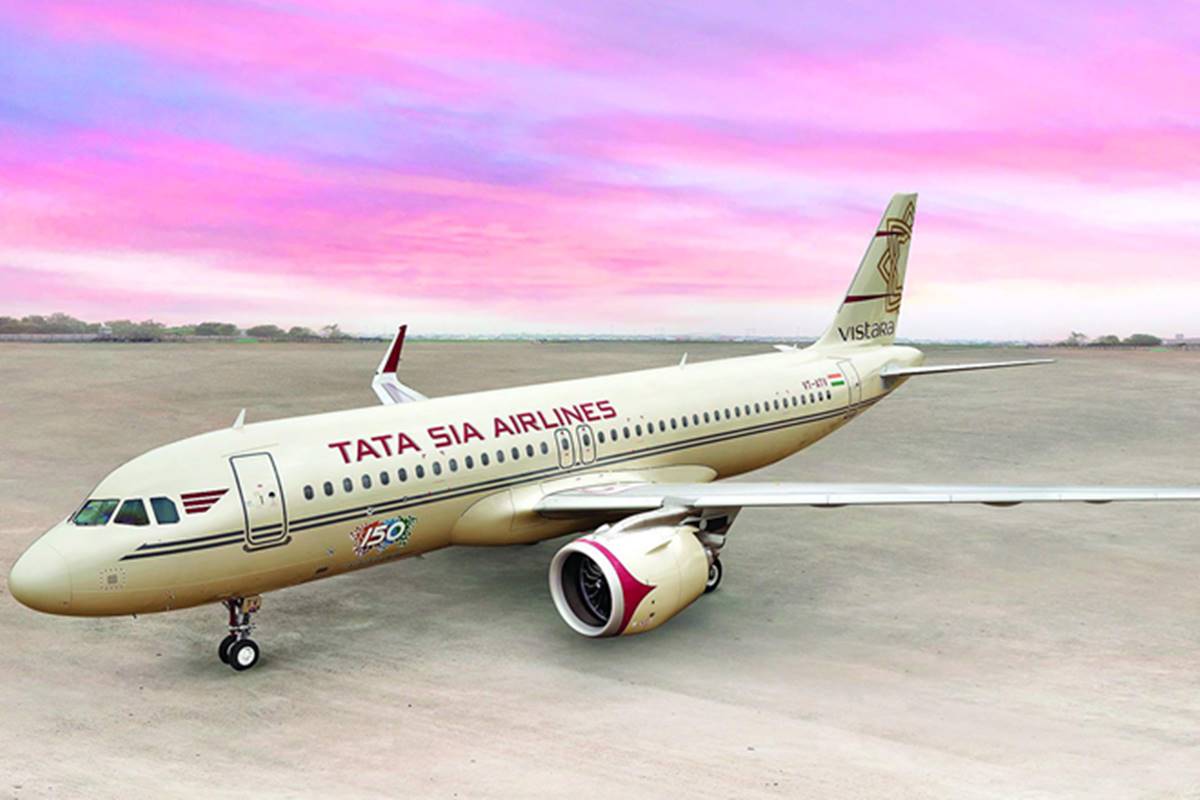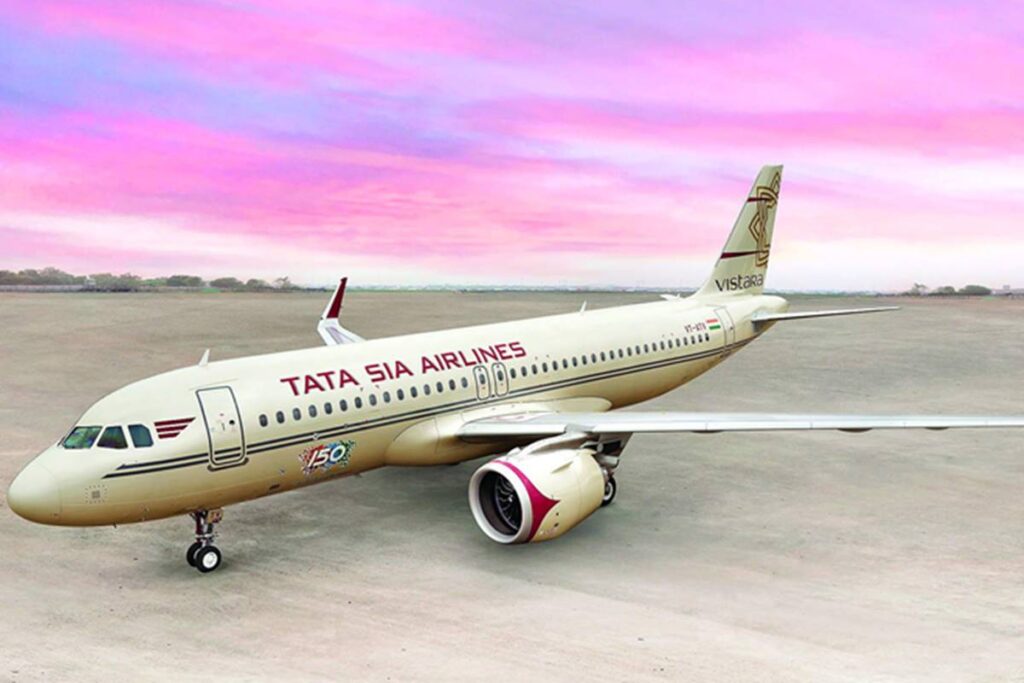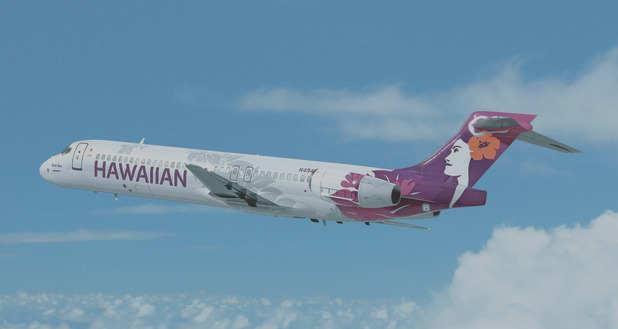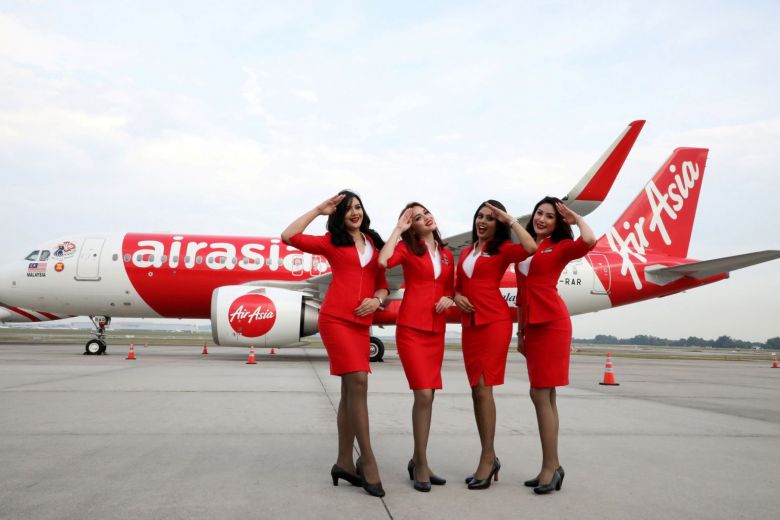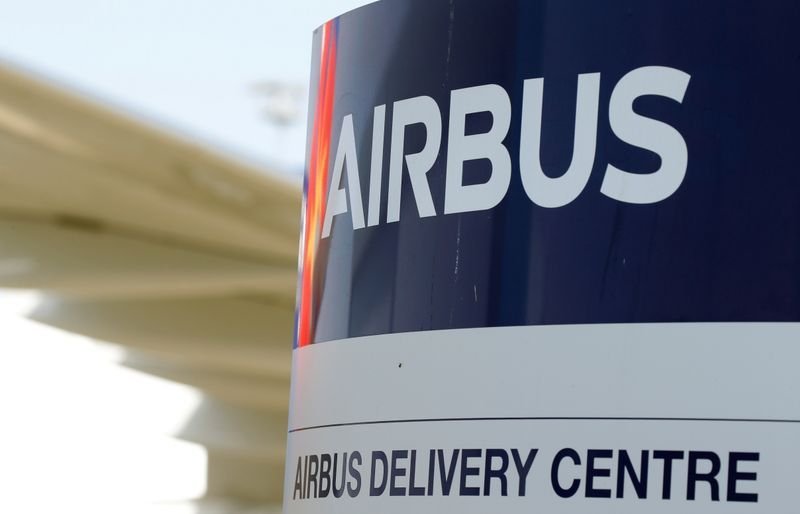Boeing [NYSE: BA] expects China’s airlines to acquire 8,600 new airplanes valued at $1.4 trillion and commercial aviation services valued at $1.7 trillion over the next 20 years, reflecting an expected robust recovery following the COVID-19 pandemic. Boeing shared its annual China market forecast today as part of the 2020 Commercial Market Outlook (CMO), which shows anticipated demand for commercial airplanes and services.
China’s rapidly growing middle class, increased economic growth and growing urbanization are all factors in the Boeing forecast, suggesting the country will lead passenger travel globally in the next few years. Since 2000, China’s commercial jet fleet has expanded sevenfold, and approximately 25% of all aviation growth worldwide in the last decade has come from China. Boeing forecasts this trend will continue over the next 20 years.
“While COVID-19 has severely impacted every passenger market worldwide, China’s fundamental growth drivers remain resilient and robust,” said Richard Wynne, managing director, China Marketing, Boeing Commercial Airplanes. “Not only has China’s recovery from COVID-19 outpaced the rest of the world, but also continued government investments toward improving and expanding its transportation infrastructure, large regional traffic flows, and a flourishing domestic market mean this region of the world will thrive.”
Despite the challenges imposed by the pandemic, China’s projected airplane and services market represents a nearly 7% increase over last year’s 20-year CMO forecast. These increases are driven by continued high demand for single-aisle airplanes and China’s expanding share of passenger widebodies to support international routes, along with a large replacement cycle as China’s fleet matures. Boeing also anticipates growth in Chinese demand for new and converted freighters and digital solutions to help carriers further innovate and succeed.

The 2020 China CMO includes:
– Boeing forecasts China’s annual passenger traffic growth to be 5.5% over the next 20 years
– Boeing estimates operators will need more than 6,450 new single-aisle airplanes in China over the next 20 years. Single-aisle airplanes, such as the 737 family, continue to be the main driver of capacity growth
– In the widebody market, Boeing forecasts demand for 1,590 deliveries by 2039 in China. Widebody airplanes will account for 18% of China’s deliveries during the 20-year period, down 4% from last year’s forecast due to an anticipated slower recovery in global long-haul traffic
– China has the world’s highest e-commerce growth rate but significant room for development of air express shipping, presenting an opportunity for robust freighter demand
– Long-term aviation industry growth in China is expected to drive the need for 395,000 commercial pilots, cabin crew members and aviation technicians to fly and to maintain the country’s airplane fleet





